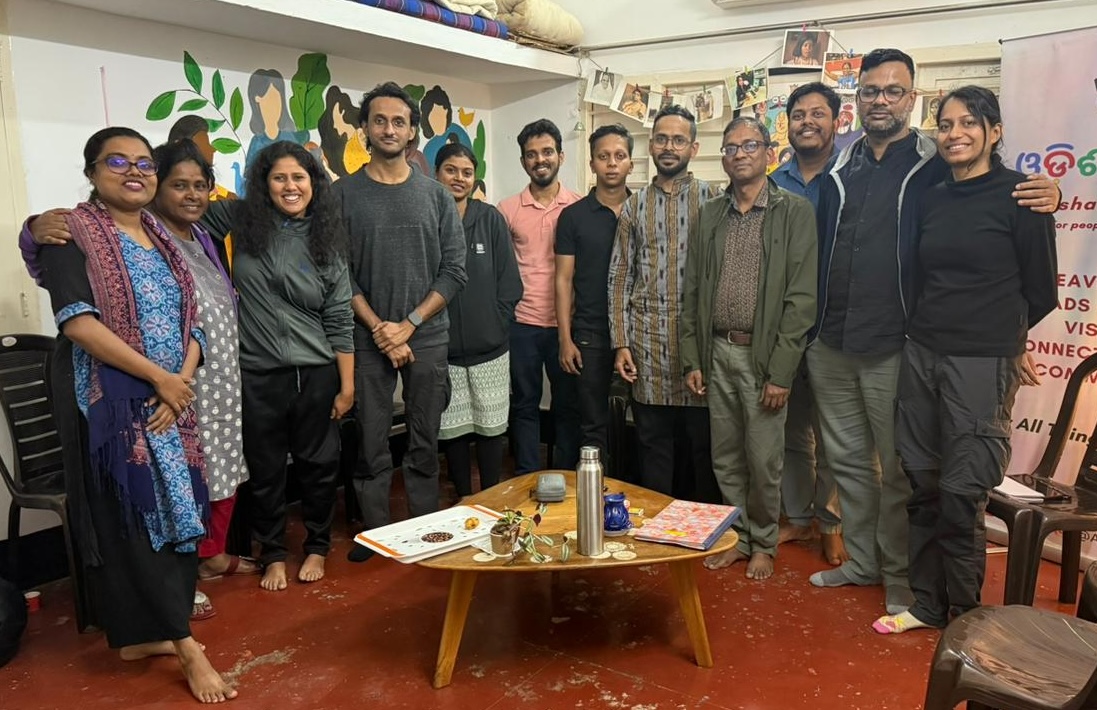New Delhi: Intellectual Property Rights (IPR), encompassing Copyright and Related rights, play a crucial role in safeguarding the exclusive rights of legal entities over their creations or innovations. These rights, granted for a specific duration, not only protect the work but also enable the collection of royalties through licensing. The legal framework, particularly in India, is well-established and aligned with major international conventions, providing robust protection for Intellectual Property Rights.
India, as a member of key international agreements, ensures the protection of rights for works created by legal entities through Copyright Law and shields inventions via the Patent system. This comprehensive approach eliminates the necessity for establishing a distinct category of rights for Artificial Intelligence (AI) and related innovations within the Indian IPR Regime.
In a recent development, the Union Minister of State for Commerce and Industry, Shri. Som Parkash, emphasized that the existing Patent and Copyright Acts adequately address the evolving landscape of AI and related innovations. The minister highlighted that the legal criteria specified under these acts provide a solid foundation for granting rights to AI-generated works, eliminating the need for additional legislative measures.
The exclusive economic rights granted to copyright owners, such as reproduction, translation, and adaptation, necessitate users of Generative AI to seek permission for commercial purposes. Exceptions provided under Section 52 of the Copyright Act, known as fair dealing exceptions, offer some flexibility in certain use cases. However, it’s crucial for users to adhere to these legal provisions to avoid infringement issues.
The enforcement of Intellectual Property Rights is entrusted to individual rights holders, as these are considered private rights. The Copyright Law includes effective civil measures and criminal remedies against any infringement or unauthorized use of works, including digital circumvention.
In summary, the Indian IPR Regime, rooted in international conventions, remains well-equipped to handle the protection of AI-generated works and related innovations without the necessity of creating a separate category of rights. The statement by Shri. Som Parkash reassures stakeholders and the public that the current legal framework is robust and adaptable to the evolving landscape of technology. Presently, there are no proposed changes to establish additional rights specifically for AI-generated content.





